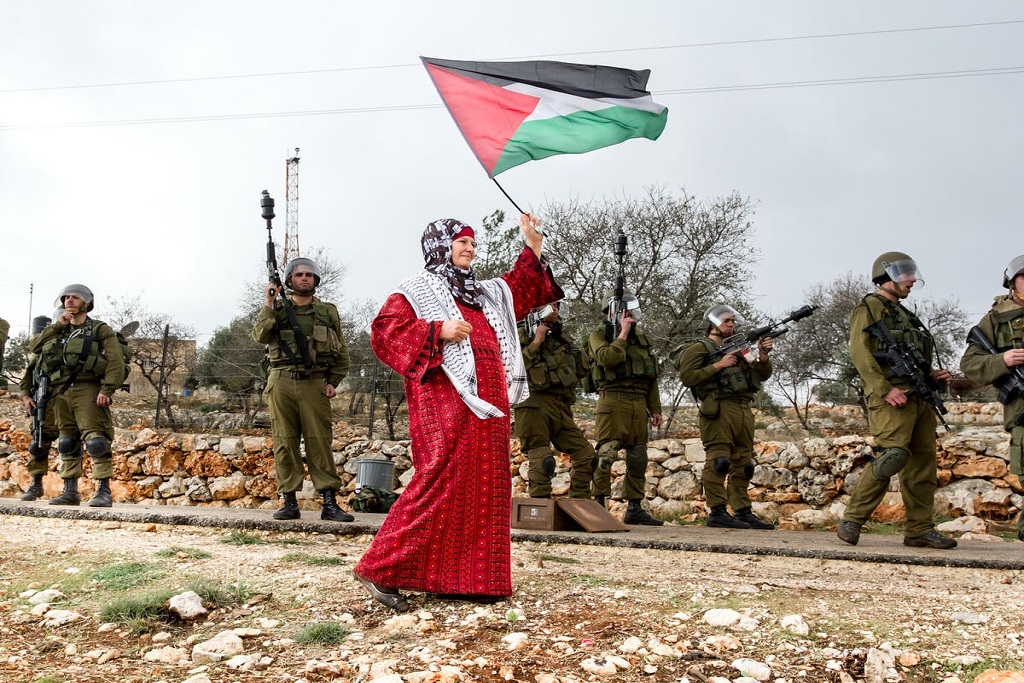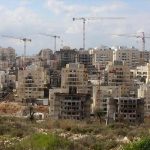Israel announced, last week, the completion of the highly technological security wall on its side of the occupied and besieged Gaza Strip. This sensor-equipped underground wall, Israel claims, is a counter-measure developed to prevent Palestinian resistance in Gaza from digging tunnels that they use to carry out resistance attacks against Israeli soldiers during wars.
During the 51-day Israeli offensive on Gaza carried out in 2014, when Israel killed more than 2,260 Palestinians and wounded more than 11,000 others, the Palestinian resistance used the tunnels to infiltrate into the military sites of the Israeli occupation soldiers and clashed with them, killing a number of them.
The Israeli occupation raised the issue of the wall in 2016, noting that it consists of an above-ground fence and subterranean barricade, includes a naval barrier, radar systems, hundreds of cameras, sensors, remote-controlled weapons system and command and control rooms.
In a statement issued by his Ministry, Israeli Defense Minister, Benny Gantz, said: “The barrier, which is an innovative and technologically advanced project, deprives Hamas of one of the capabilities [defense tunnels] it tried to develop. [It] places an ‘iron wall’, sensors and concrete between the terror organization and the residents of Israel’s south.
Will this NIS3.5 billion ($1.1 billion) wall, which is 40-miles (65-kilometer) long, prevent Hamas and the other Palestinian resistance factions from reaching out to the Israeli occupation soldiers during any Israeli offensive?
First and foremost, the Palestinian resistance will not see anything impossible to hit back against Israeli occupation aggression. Israeli writer, Amos Harel, who is described by Israeli daily, Haaretz, as one of Israel’s leading media experts on military and defense issues, said that the Palestinian resistance used the tunnels to carry out attacks against the Israeli occupation after the operation of the Iron Dome system, which is being used to intercept the homemade Palestinian rockets.
About the barrier, he wrote on Haaretz that the new Gaza barrier “proves that it (Israel) prefers walls to war,” pointing out that this barrier is just a huge project that consumed much money that would have been better spent on education, social and healthcare programs. “Would-be attackers in Gaza will probably seek and find more detours around the $1.1 billion wall,” he said, noting that the Palestinian resistance has already started investing in attack drones.
Gideon Levy, a senior Israeli journalist, told me that he did not think that this barrier would reduce the Israeli attacks on Gaza, nor would it protect the Israeli occupation from the Palestinians. Harel asked if Israel was obliged to go for a ground operation on multiple fronts, would it be able to win?
Meron Zev, an Israeli journalist, told me: “The barrier will not solve any problem. I do not think it will stop Israel from attacking Gaza … I suppose it will not be easy to cross, but I do not think it will stop Palestinians from carrying out attacks against Israel.”
Yoav Zitun and Matan Tzuri reported a senior Israeli military official saying to Yedioth Ahronoth that the barrier cut the Palestinian tunnels from Gaza to Israel, there is nothing that guarantees an absolute solution for Palestinian infiltration into Israel.
Palestinian writer, Mustafa Al-Sawwaf, commented on the issue of the barrier, saying: “It seems that it does not make any obstacle ahead of the Palestinian resistance. I am sure the Palestinian resistance will find any way to leap over it and get behind the enemy lines. It only reflects the weakness of the State which counts itself one of the major world powers.”
He stressed: “As long as the Palestinian resistance has not surrendered, there would be a solution for every Israeli obstacle. The creativity of the Palestinian resistance proved that it is able to deal with every Israeli measure taken to stop it or undermine its tools.” Al-Sawwaf considered this as part of conflict of brains between the Israeli occupation and the Palestinians.
It is worth noting that Zev compared this barrier with the Chinese wall, which is an attractive place for tourists and visitors. Zev and Levy said that this wall just tightened the Israeli occupation siege imposed on the Gaza Strip.
In 2002, late Israeli Prime Minister, Ariel Sharon, decided to build a wall in the occupied West Bank in order to prevent Palestinian resistance attacks. The wall was completed, but the attacks did not stop.
Harel said that this wall proved the weakness of the Israeli army; however, Baruch Yedid, an Israeli journalist, denied this, telling me that every army in the world has attack and defense strategies, pointing that this barrier is part of the Israel army’s defense strategies.
Meanwhile, sources from the Palestinian resistance revealed that there are currently tunnels, similar to those used during the 2014 Israeli offensive on Gaza, through which the Palestinian resistance fighters reached the military bases of the Israeli army.
“We do not speak too much,” a Palestinian resistance source told me. “But when the Israeli occupation carries out any attack against the Palestinians, the whole world will be shocked with our resistance abilities.”
He added: “The creativity of our resistance does not stand paralyzed in front of this Israeli barrier or any other Israeli measures aimed at paralyzing it. We have our plans and the Israeli army will be under our feet in any future confrontation.”










